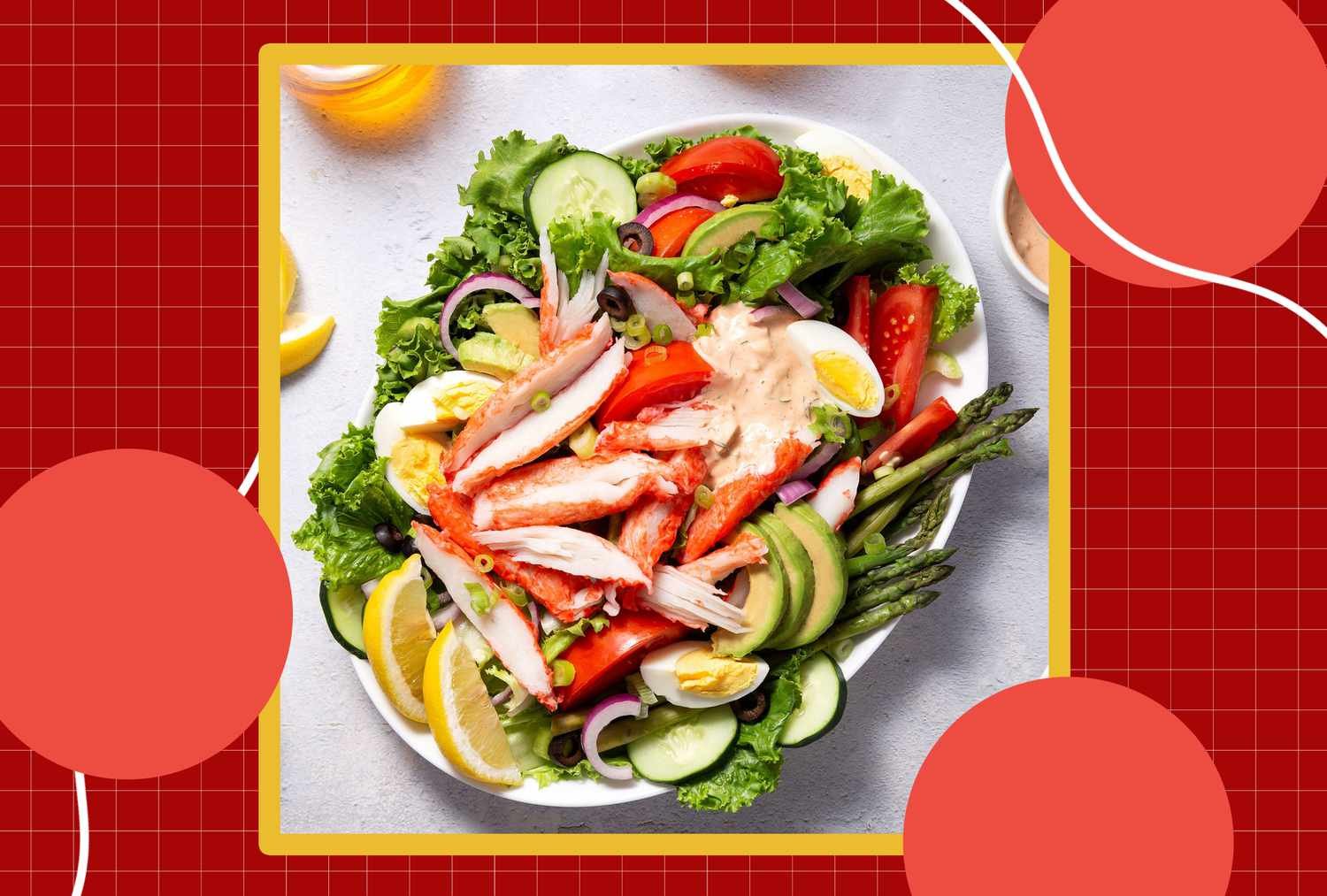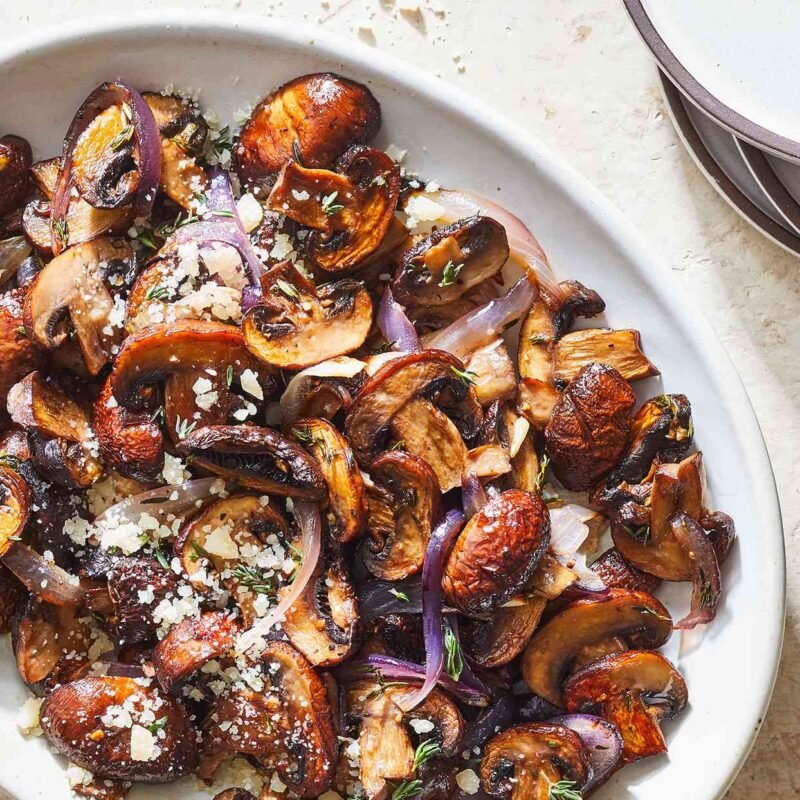Events
Eating More Zinc May Lower Your Stroke Risk

- A new study suggests that eating the right amount of zinc may help reduce stroke risk.
- Having more than the recommended amount did not further reduce stroke risk.
- Zinc is found in foods like seafood, meat, poultry, dairy, nuts and seeds.
Every year, nearly 800,000 Americans have a stroke—it’s one of the leading causes of death and disability in the U.S. The good news is that some strokes can be prevented through lifestyle habits. For example, getting plenty of physical activity, managing your stressors, not smoking, limiting salt and alcohol and eating plenty of fiber and seafood each week have all been linked to lower stroke risk.
We also know that certain eating patterns, like the Mediterranean diet, are linked to lower risk factors for stroke, including blood pressure and cholesterol. Researchers sometimes hone in on one particular nutrient, as opposed to an eating pattern, to take a closer look at associations between it and certain conditions.
In this case, researchers from China examined the relationship between dietary zinc intake and stroke risk. They recently published their findings in Scientific Reports. Let’s break them down.
How Was This Study Conducted?
Researchers drew data from a long-running U.S. study called the National Health and Nutrition Examination Survey (NHANES). After weeding through potential participants, they ended up with 2,642 for this current assessment. Around 54% of them were female, and participants had an average age of 63.
For NHANES, participants completed several 24-hour dietary recalls, documenting what they had eaten the previous day. For this study, researchers took those recalls and looked for foods containing zinc, as well as zinc-containing supplements. The average of two 24-hour dietary recalls was used for each participant’s total zinc intake.
Researchers then divided participants into four quartiles (or groups) based on zinc intake: less than 6.08 mg/day (Q1), 6.08-8.83 mg/day (Q2), 8.84-13.02 mg/day (Q3) and more than 13.02 mg/day (Q4).
The assessment of stroke was also self-reported and based on whether a health professional had ever diagnosed the participant with a stroke.
During statistical analyses, researchers adjusted for factors including age, gender, race or ethnicity, BMI, smoking history, average caloric intake, health history and some other factors.
What Did This Study Show?
After running several statistical analyses, researchers state that those who consumed about 6 to 9 mg per day of zinc had a lower risk of stroke compared to those who consumed less than 6 mg per day. Specifically, those in Q2 had 36% lower odds of having a stroke compared to those in Q1.
Interestingly, higher zinc intake—more than 9 mg per day (Q3 and Q4)—did not provide any more protection against stroke risk than consuming 6 to 9 mg per day (Q2) did. That suggests that moderation is key when it comes to zinc consumption.
This study has several limitations, including the fact that everything was self-reported, including dietary intake, stroke diagnosis and medical history. This always leaves room for bias and inaccuracies in remembering. The study sample size of participants used was also small, which tends to lower the statistical power and accuracy of the results.
Finally, this study cannot establish cause and effect. In other words, it cannot be said that lower zinc intake increases stroke risk; it can only be concluded that there appears to be an association between zinc intake and stroke risk.
How Does This Apply to Real Life?
The recommended intake for zinc is a minimum of 8 mg/day for women and 11 mg/day for men. So it’s interesting that the benefits of zinc were seen even for those who fell under the minimum recommended amount. The upper limit for zinc is 40 mg/day for both men and women—eat or take more than that, and it can be harmful and cause some nasty side effects, including headaches, upset stomach and vomiting.
Lower stroke risk isn’t the only thing zinc may help with. We previously reported that people who had recommended levels of zinc intake had slower biological aging compared to those with too little or too much zinc. And its positive effects multiplied when people were also getting enough physical activity. It’s important to note, though, that those taking more than the recommended upper limit of 40 mg/day showed an increase of 7 years of biological aging. Again, more is not necessarily better, and it can result in overdosing, even with vitamins and minerals.
Zinc is important because it’s involved in many processes in the body, including immunity, growth and development and wound healing. It’s also necessary for proper cell development and for manufacturing DNA.
Zinc is found in many foods, including meats, poultry, seafood, dairy, nuts and seeds. Eating patterns like the Mediterranean diet, DASH diet (a diet specifically for healthy blood pressure) and the MIND diet, which is a fusion of the DASH and Mediterranean diets, all provide plenty of zinc-rich foods and limit sodium, added sugars and processed and red meats—all factors that play into disease risk, including stroke.
High blood pressure is a major risk factor for stroke. If you’re trying to manage your blood pressure, give this 7-Day High-Protein Mediterranean Diet Meal Plan for High Blood Pressure a go. Physical activity, stress and sleep also play major roles in managing blood pressure and stroke prevention, so assess which areas need some attention. Choose one or two areas and start with small, sustainable changes so that you can gradually build on your success over time.
The Bottom Line
This study suggests that the minimal daily recommended amount of zinc was associated with a reduced risk of stroke compared to those with lower levels; the benefits plateaued, and those with higher levels than the minimal recommended amount did not show any additional benefits regarding stroke risk. Include foods rich in zinc each day, like meat, poultry, seafood, dairy, nuts and seeds. If you think your zinc intake might be too low or too high, meet with a registered dietitian or healthcare provider who can help figure that out. A dietitian can also help you determine if a supplement would be helpful if you’re having trouble eating enough foods rich in zinc.










